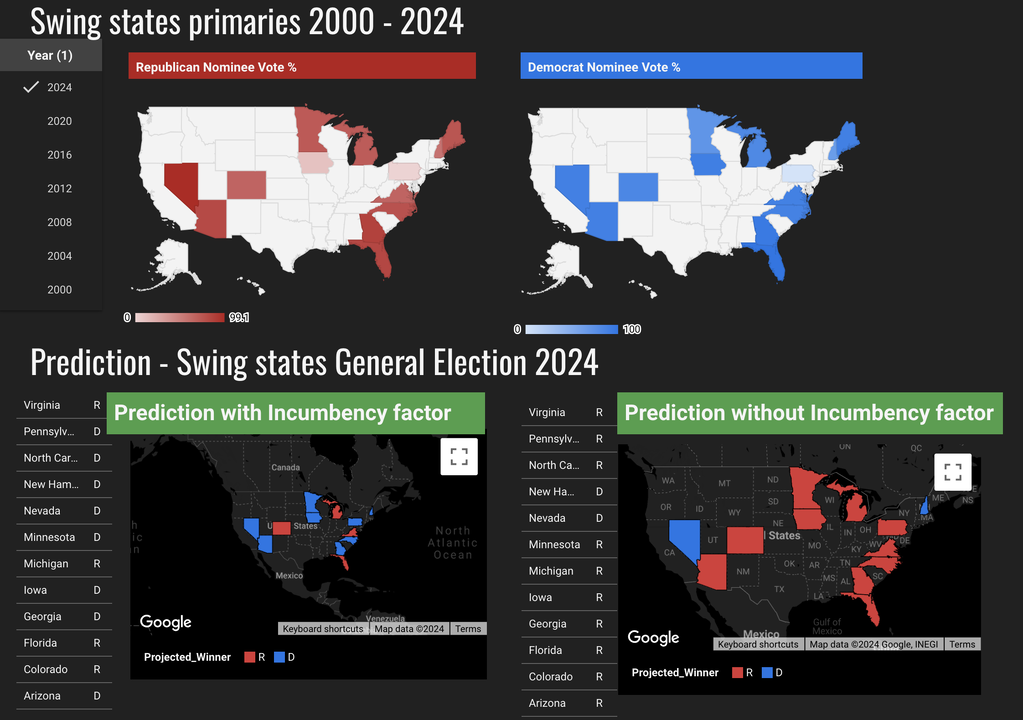USA Predictz has quietly become the go-to engine for anyone who wants to see around the corner of American uncertainty. By merging open-source government data, private polling panels, and social-media firehoses, the platform builds probabilistic models that feel almost clairvoyant. On Sunday morning it may tell you the Atlanta Falcons have a 61 % chance of covering the spread; by Tuesday night it updates the likelihood of a swing-state Senate flip to 38 %. The numbers recalc in real time every time a starting quarterback’s MRI leaks onto Twitter or a fresh campaign finance filing drops.
The architecture is deceptively simple. A Kubernetes cluster spins up 2,000 micro-models—each trained on a different slice of history—then stacks their outputs with a Bayesian blender that down-weights outliers. A sentiment crawler turns 4 million Reddit posts into 200 emotion indices per hour, while a computer-vision module reads yard-line paint from game footage to estimate turf fatigue. The result is a living heat-map that bettors call “the heartbeat” and pundits call “the nightmare,” because it keeps beating long after the talking heads have gone to bed.
Privacy hawks hate it. Because Predictz ingests location pings from opt-in sports apps, it can infer which bars are packed with Patriots fans and which churches let out early during playoff Sundays. Critics say this teeters on surveillance; the company counters that every coordinate is k-anonymized within 500 meters and encrypted with rotating salts. Still, Nevada regulators forced the firm to open its black box last April, and the audit found zero evidence of algorithmic bias against small-market franchises—a win hailed by lobbyists as proof that transparency can coexist with trade secrets.
Revenue comes from subscriptions layered like airline classes. Casual users pay $9 a month for tomorrow’s injury report; hedge funds wire $250 k per quarter for the Senate-control dashboard. In between sits the $99 “edge tier,” beloved by DFS grinders, which pings your phone the instant a model flips from 49 % to 51 % on a prop bet. During March Madness, latency dropped to 180 milliseconds, fast enough for syndicates to middle a line before the major books could blink.
The founders, three ex-CERN physicists who originally hunted Higgs bosons, insist their endgame is civic. They give away county-level turnout forecasts to county clerks and push hurricane-evacuation probabilities to local emergency feeds. Skeptics note this philanthropy doubles as marketing: every government dependency creates a moat against the next competitor. Whether altruism or strategy, the data keeps flowing, and the icon labeled USA Predictz keeps pulsing red, white, and blue in the corner of a million screens—an ever-fresh answer to the American question of what happens next.
















